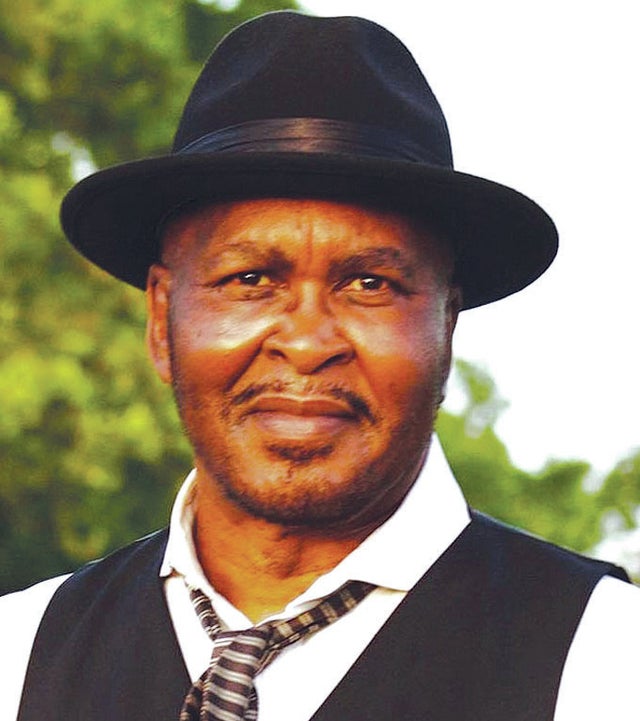Election creates divisiveness in black community
Published 12:00 am Friday, November 4, 2016
Up until the 1960s, “color,” not politics, was a divisive issue in the black community. In fact, the movie, Imitation of Life, initially produced in 1934, with a remake in 1959 is about a white woman, Claudette Colbert, with a daughter, trying to make ends meet in a tough economy, who takes in a black woman, Louise Beavers, and her young daughter. Although Colbert was experiencing hard times, she makes a deal with Beavers in exchange for free room and board for her and her very fair-complexioned daughter.
This angered Beaver’s daughter who hated being seen as a negro. To accomplish this, she distanced herself from her mother to pass as a white woman. Beavers, saddened by her daughter’s decision, would always locate her to reaffirm her love, only to be reproached and scorned by the daughter. This movie, in 2005, was selected for preservation in the United States National Film Registry, and in 2007 as one of the “25 Most Important Films on Race” by Time Magazine.
Although the issue of color in the 21st century has not fully been laid to rest in the African-American community, politics and religion now divide blacks. As an example, virtually every black in the United States has an opinion concerning Supreme Court Justice Clarence Thomas. Many dislike him for having married a white woman and jeeringly refer to him as a kind of “uncle Tom.” This is because Thomas, a Republican appointee to the bench, has been the swing vote in dismantling various Civil Rights protections for blacks passed during the 1960s. The anger and disdain towards Thomas has increased recently as a result of his stating in an interview how he admired former Supreme Court Justice, Anthony Scalia, who before he died said that “there are those who contend that it does not benefit African-Americans to get them into the University of Texas, where they do not do well, as opposed to having them go to a less-advanced school … a slower-track school where they do well.”
The presidential election has definitely caused a rift in the black community. Those who support Clinton are virulent in their venom towards black Trump supporters. In one particular attack of a black Trump supporter, who had plastered his entire van with magnetic stickers that went viral on the Internet, his attackers were quick to point out that he would be the main “n-word,” that would be placed on a modern-day slave plantation by the candidate.
Black ministers have also been under attack related to the presidential election. Those who have openly endorsed Trump have been called traitors and pimps, willing to betray their flock for a few pieces of silver (a reference to Judas in the Bible). Some point to the charismatic pastor, Mark Burns as a prime example in venting their anger. He was the black pastor who brought Trump supporters to their feet at the recent Republican National Convention. The problem – he was a liar! None of what he said with respect to his biography was true – not even having a real divinity degree.
Black celebrities who support Trump have also become targets of criticism. In a December 21, 2015, New York Times column it was reported that the political rise of Trump has resulted in some of his celebrity black friends abandoning him because of what they perceive to be his divisive rhetoric. Hip-hop mogul Russell Simmons, who would fly on Mr. Trump’s private plane to Mar-a-Lago, the real estate developer’s lavish Florida resort, was one of the first to abandon him due in part to criticism from blacks.
The conflict among blacks does have a happy ending. On Tuesday, the conflict will be resolved when eligible American voters of all persuasions will go to the polls to determine who really will become the next leader of this great nation. Will you vote?





